https://web.archive.org/web/20200812000957/https://powderroom.kinja.com/mixed-and-mixed-up-1611452213"Place me in a room full of people from the island and yeah, I look white by comparison, but put me in a room full of my mother's side of the family or my wife's and suddenly I look quite dark. It's not how we identify that matters, but how people identify us – and most people aren't going to look at us and say "Oh, you're mixed, a bit of both." They'll pick which seems farther from them..."

To most people, I look white. My grandparents were immigrants and didn't speak English. But they insisted on assimilation, so my mom and her siblings learned English in school and my mom doesn't even have an accent anymore. Her siblings still do, but they stayed in Texas and married other Latine people.
My mom, however, married a white man (who doesn't speak the language). She never spoke Spanish at home, so I never learned it until I took it in high school. And then, I learned Castilian Spanish, like, from Spain. My high school Spanish teacher was an Olympic athlete who immigrated from Spain after he retired from sports. We learned proper grammar and pronunciation and how to read. After 4 years, I STILL couldn't speak to my little Mexican abuela (grandmother).
My dad's father refused to attend his son's wedding to my mother, because he was marrying "a spic". He didn't want all her Mexican-American relatives to show up and park their cars along his nice, suburban street because the neighbors would "think the Mexican Mafia is in town". He lived in a suburb of Los Angeles - not exactly an area bursting with white purity and because of that, a really hostile history with race relations (ask me about the zoot suit riots sometime, no it's not just a song).
Eventually my mom and grandfather reconciled and she learned to call him "dad" (the way everyone on both sides of the family call all in-laws). But I never forgave him for that.
Later, my sister got pregnant by a boy who was half-black - a neighbor who lived across the street from my cousin's house, around the corner from my grandfather, and a boy we had grown up with our whole lives. This same grandfather who didn't attend my parents' wedding, refused to look, speak about, or acknowledge in any way, my nibling when he was born. The infant, and later toddler, waddled all over his house when my sister came to visit him, and as far as my grandfather was concerned, there *
was* no baby in his house. Because the kid was a quarter black. And yes, he said this, I'm not guessing.
After a couple of years, my sister actually moved down to LA to live with the father's parents (across the street from our cousins, around the corner from dear old gramps). So she was there *
all the time*. My nibling was the sweetest, most even-tempered, caring and compassionate kid I've ever met. He was so concerned for everyone else's happiness. Eventually he melted my grandfather's heart and my grandfather came to love him too, just as he came to love my mom. So my sister forgave him. It was "just his way", he was "just born in a different time".
Bullshit, so was my grandmother and she wasn't an asshole.
Anyway, my point is that to most people I look white. So I am the recipient of a lot of white privilege, which I see as a burden but the fact is that my life is easier than others in some ways. But I am not white to everyone. I chose to leave the public school system for high school and attend a very prestigious private school. It was the first time I was surrounded by a sea of blonde hair and blue eyes. There were other minorities there, but I definitely stuck out with my so-dark hair and then-tanned skin.
I am treated as white by the people of my own heritage, a heritage I was kept from in the interests of my mother's family's survival - an outcast in my own culture - and I am treated as a minority by some white folks even though my upbringing and experiences are closer to theirs than any other.
I am treated however is most convenient for the other people to view me. Lately, with my pale skin from never going outdoors in this thrice-damned hellhole of a state, it is more convenient for people to treat me as white, meaning that other white people talk to me as if I'm "one of them", i.e., a racist fuck too. I hear all the shit white people say when they think there are no POC around to judge them.
I used to be proud to talk about my Scottish heritage, but not in many years. These days, I'd rather wear the Mexican-American label, even though I have been disconnected from my culture throughout my life, because I want more people to consider how arbitrary their racist judgments are, and I want them to look me in the face and understand that I am one of those people they just made a joke about.
"Being mixed means, more so than for any other racial group, how we identify is out of our hands. We get identities put upon us, and it's only by coincidence that those identities match our own. Society doesn't make it easy to not fit in a single box, and if there are two boxes to choose from, we get pressured to choose one. Our monoracial brothers, sisters, mothers, fathers all police us to some extent."
"I knew it was because I wasn't white, but being mixed meant I was white, in a way. It meant that despite being every bit as culturally white as my white friends, I had this Latino baggage hanging over my head and seeped into my skin which did nothing but cause trouble. It meant that no matter how white I was, I wasn't white enough. I was always going to be ambiguously brown".
"I don't speak Spanish like a gringo – one of my dear friends has told me that I definitely don't exhibit the issues most white Americans seem to have with the language. But I don't speak like anyone actually does. My Spanish is the Spanish of a student of Spanish, not a native speaker, and my accent is mishmash of various accents which sometimes leaves my consonants indistinct and my emphasis slightly off."
"And I realized I stood in a multidimensional web of hierarchies where I was privileged in some ways and disadvantaged in others.
Feminism, socialism, anti-racism, fighting for queer rights – these things are inseparable for me. They all tie together. And it's being mixed which opened the door for me to see the Gordian knot of oppression rather than just the few strands which pertain to me directly."
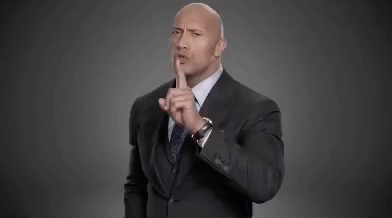 I wish I had a magical power where I could mediate a dispute between two sides and every time someone opened their mouth to distract, obfuscate, argue, or otherwise not say something helpful, I could raise my finger in the "shush" position AND THEY WOULD. I would calmly tell them to try again, and they could start again, but if they just found another way to do the same thing, I could shush them again. And they would all be forced to sit there until they learned how to properly discuss contentious topics.
I wish I had a magical power where I could mediate a dispute between two sides and every time someone opened their mouth to distract, obfuscate, argue, or otherwise not say something helpful, I could raise my finger in the "shush" position AND THEY WOULD. I would calmly tell them to try again, and they could start again, but if they just found another way to do the same thing, I could shush them again. And they would all be forced to sit there until they learned how to properly discuss contentious topics.
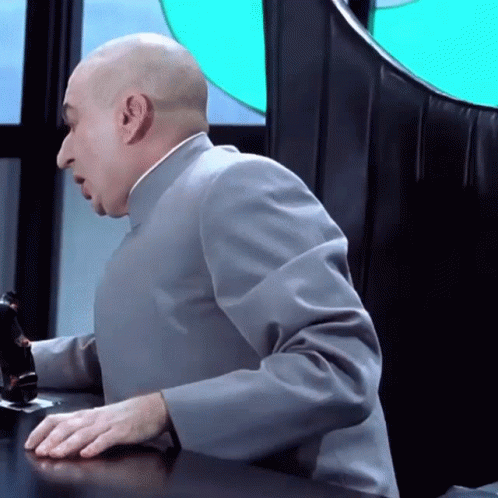
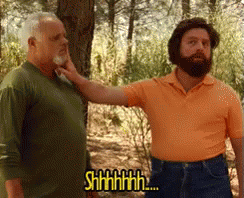
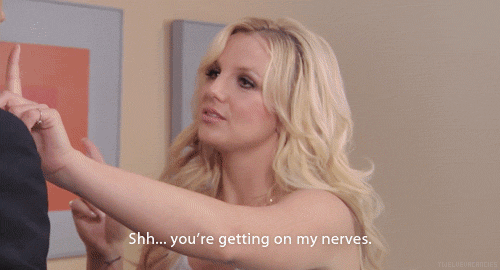
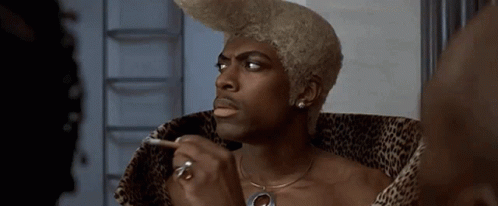
 To most people, I look white. My grandparents were immigrants and didn't speak English. But they insisted on assimilation, so my mom and her siblings learned English in school and my mom doesn't even have an accent anymore. Her siblings still do, but they stayed in Texas and married other Latine people.
To most people, I look white. My grandparents were immigrants and didn't speak English. But they insisted on assimilation, so my mom and her siblings learned English in school and my mom doesn't even have an accent anymore. Her siblings still do, but they stayed in Texas and married other Latine people.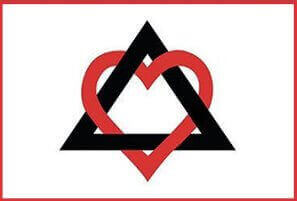 It has been 5 years since I discovered that there is a symbol for adoption. Apparently I am doomed* to be represented by hearts.
It has been 5 years since I discovered that there is a symbol for adoption. Apparently I am doomed* to be represented by hearts.











